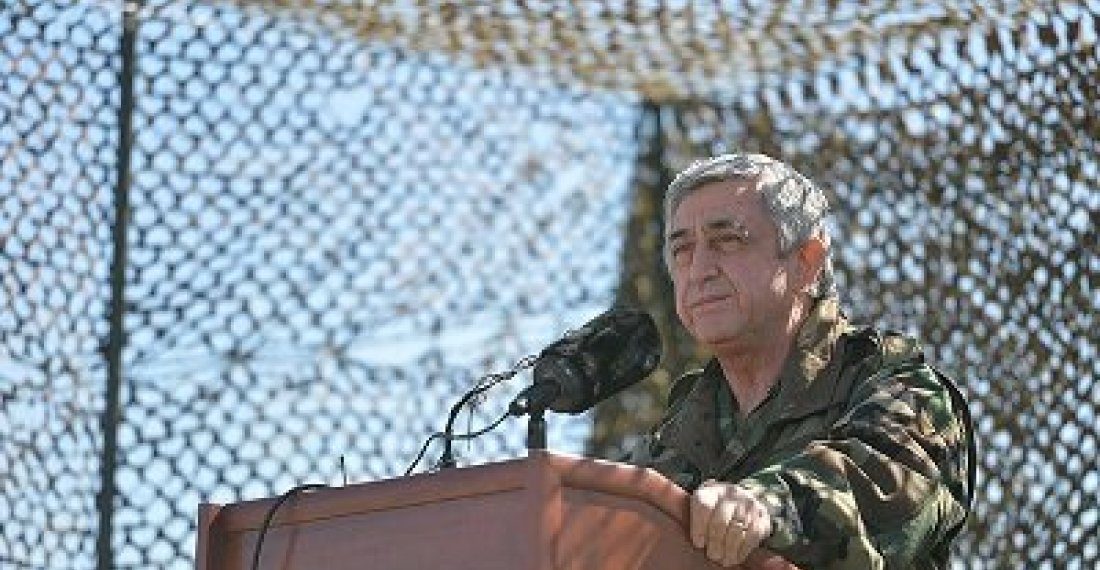Serzh Sargsyan, who has been Armenia's strongman for over a decade has resigned from the post of prime minister following days of street protests in the capital Yerevan and throughout the country.
A statement posted on the website of the prime minister said:
Dear Compatriots,
I address all citizens of the Republic of Armenia, the adults and my dear youth, women and men,
I address those standing on the streets day and night with the call ‘Reject Serzh,' and those who arrive at work these days with difficulty through closed off streets and carry out their duty without sorrow,
I address those who are glued before live broadcast for days and who ensure public safety like a man, day and night,
I address our brave soldiers and officers standing at the border, I address my friends at arms,
I address my fellow party friends, all political forces and figures,
I address as head of the country for the last time.
"Nikol Pashinyan was right. I was wrong. The created situation has several solutions, but I will not resort to any of them; it is not mine. I am leaving the post of head of the country, Prime Minister of Armenia.
The movement on the street is against my tenure. I am carrying out your demand.
Peace, harmony, and logic to our country. Thank you."
source: commonspace.eu with agencies
photo: Serzj Sargsyan in military fatigues during a recent visit to Nagorno-Karabakh (archive picture)







